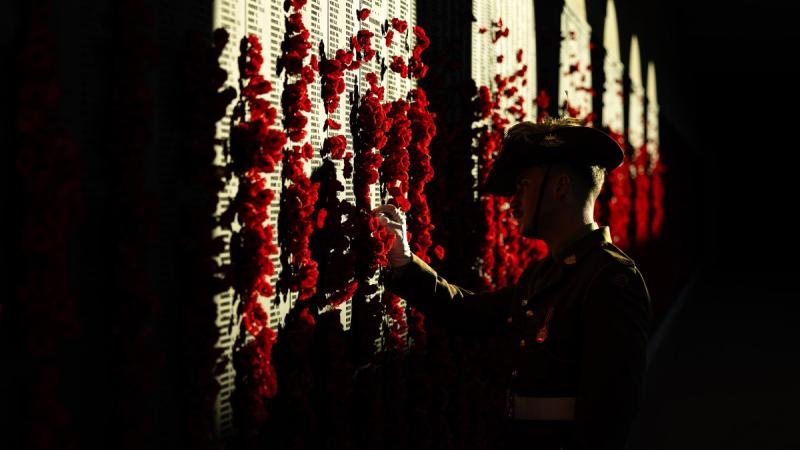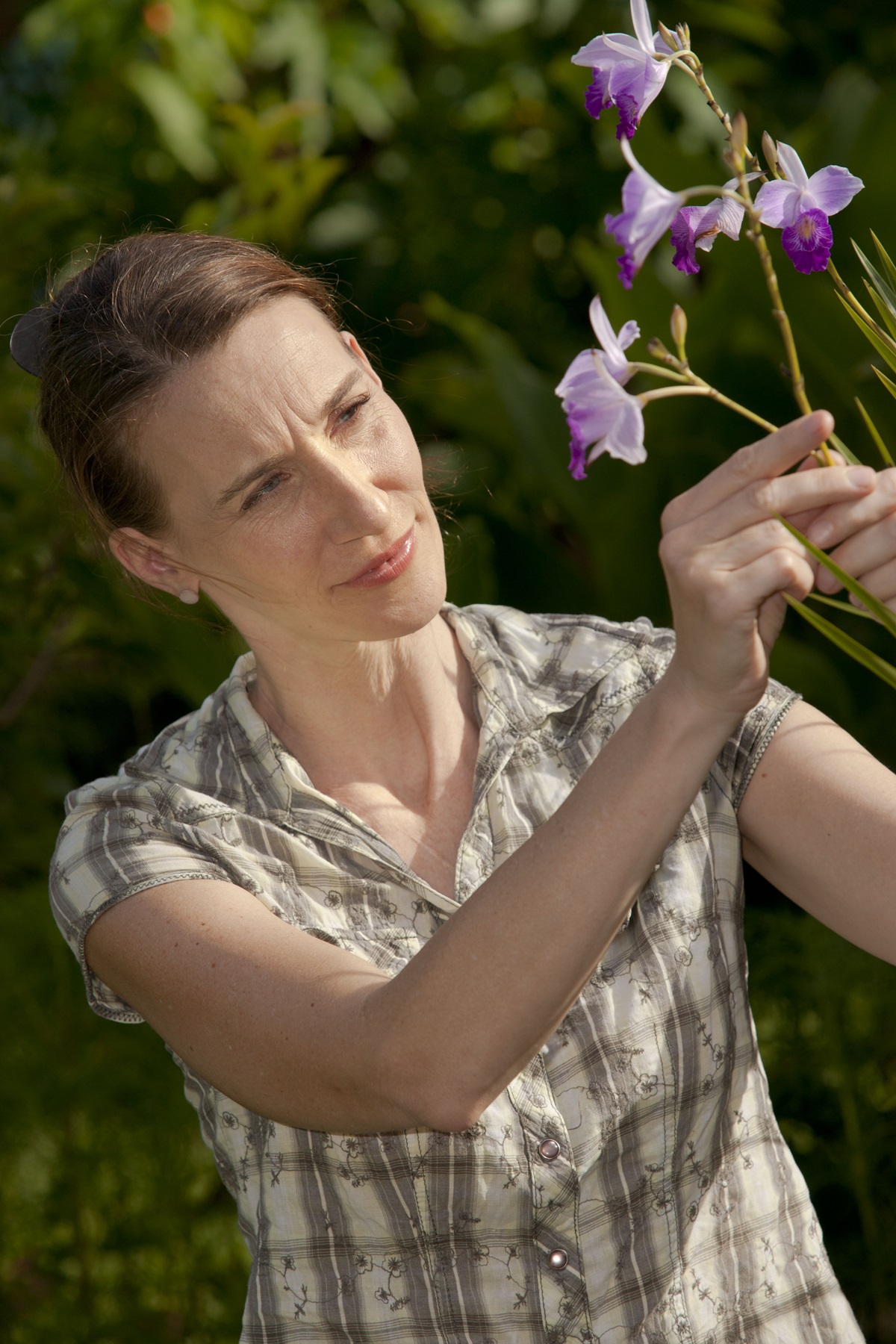In 1935, Australian settlers introduced cane toads to Queensland to control the cane beetles in sugarcane fields. In response to the drug-infused culture of Kings Cross, the NSW government launched a war on drugs alongside much of the Western world. But our war on drugs has run into the same dilemma as the cane toads in Queensland; the solution is worse than the original problem.
Many OECD nations have started to realise we have taken the crackdown on drugs a step too far. After repeated stories of police stripsearching teens at music festivals, many Australians agree. The NSW government is considering decriminalising drug possession for small amounts of certain illicit substances meant for personal use.
Generally, when an individual has a small amount of a drug at say a music festival, they aren’t hurting anyone but themselves. Yet the Australian government spends $1.12 billion a year policing drugs, 65 per cent of which goes to cracking down on the arguably one of the most benign of mind-altering substances, cannabis.
“Externalities” are what economists call market activities that harm society even when they are at market equilibrium. Most Aussies living in “ice-riddled rural communities,” as dubbed by Barilaro, agree drugs have hurt their towns.
However, the police response to drugs has created much more significant externalities or damage to society. Many of the negative impacts we associate with drugs are not a result of the substance itself, which primarily impacts the health of users, but a result of a black market. For example, drug dealers resort to violence because they can’t rely on courts to protect their business interests.
Because drugs are criminalised, and addiction is stigmatised, addicts cannot escape. The people most hurt by illicit substances are those taking them, but because of the government’s crackdown, they cannot get help and often fall into poverty feeding their addiction.
NSW has diverted taxpayer dollars to policing drugs that pose little danger to society instead of policing violent crime. Instead, they could be using that money to improve communities in regional NSW, or helping addicts get their lives back on track.
Under current law, a teenager caught with a small quantity of an illicit substance could face two years in jail and have the offence placed on their record. Before many teenagers have had a fair go at life, harsh drug laws undermine their futures.
Warning and fining people before throwing the book at them gives drug users a chance to make different choices. Politicians may want to seem “tough on crime,” but they should first ask what is best for the people of NSW.
The crackdown on drugs has grown totally out of hand, reaching nearly cane toad proportions.
This article first appeared on page 19 of the Daily Telegraph on 8 December 2020.








